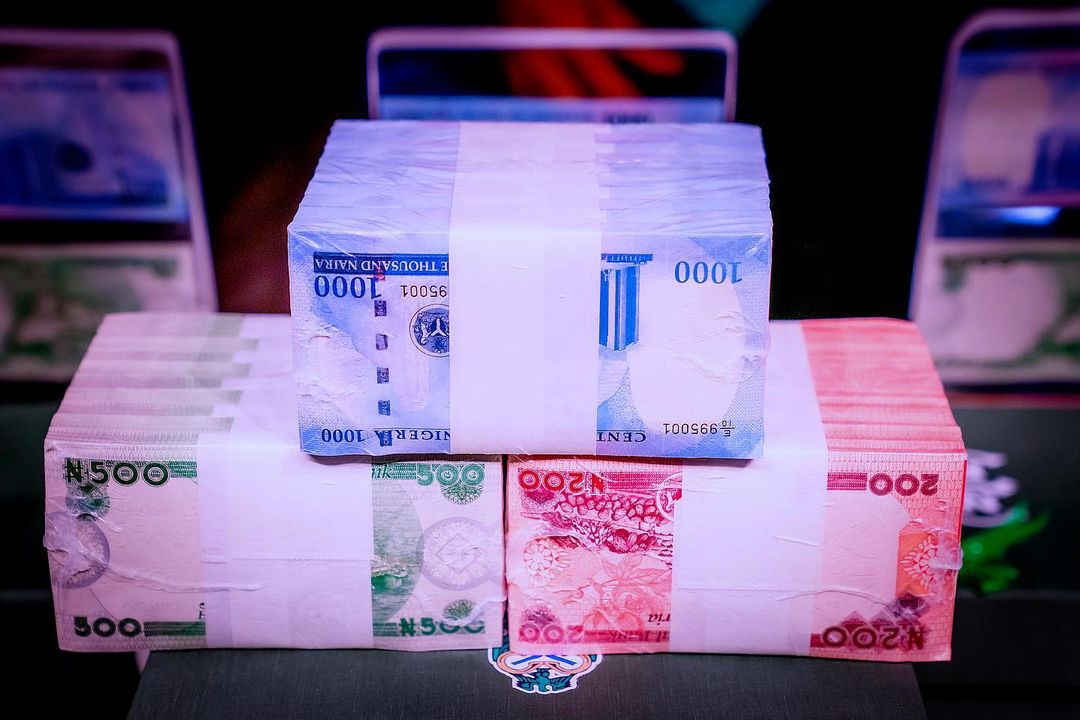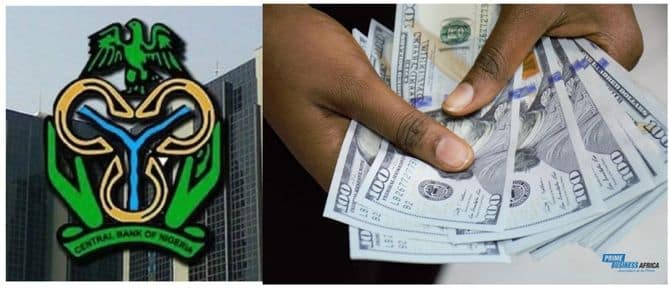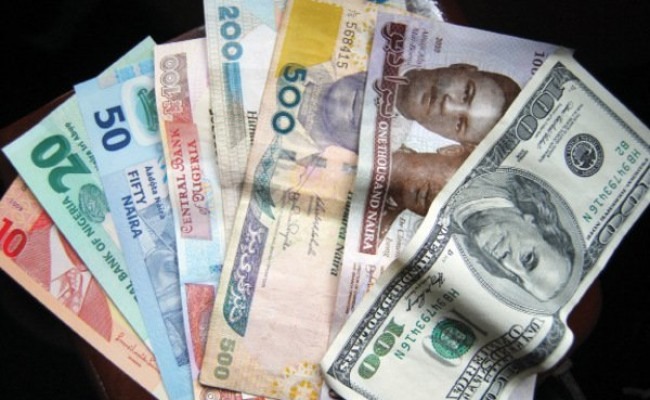The Nigerian naira has shown signs of recovery against the US dollar, closing at N1,502 per dollar on the official EFEM market on Friday, February 21, 2025. This marks one of the most significant rallies for the naira in over six months. As markets prepare to reopen on Monday, the pressing question is whether this upward trend will continue or if the naira will face renewed depreciation.
Several factors have contributed to the naira’s appreciation. The National Bureau of Statistics (NBS) reported a surprising decline in Nigeria’s inflation rate to 24.4% in January, primarily due to a rebasing exercise. In response, the Central Bank of Nigeria (CBN) maintained key monetary policy rates, opting for a cautious approach to observe inflation trends before making further adjustments. Additionally, the global weakening of the US dollar against emerging market currencies has provided a favourable environment for the naira’s strength.
Join our WhatsApp ChannelHowever, the sustainability of this rally remains uncertain. Structural challenges such as exchange rate volatility, food supply constraints, and fiscal pressures continue to pose risks. With no Monetary Policy Committee (MPC) meeting scheduled until May, the naira’s trajectory will largely depend on market dynamics, investor sentiment, and unforeseen economic shocks in the coming weeks.
READ ALSO: Naira Gains Stability But Caution Needed, Rewane Warns
Business Perspectives on the Naira’s Trajectory
To gain insight into the naira’s future, Prime Business Africa spoke with some Nigerian business owners. Emeka Auta, a textile trader in Lagos, expressed cautious optimism: “The recent strengthening of the naira has been a relief for my business, especially with import costs. However, I’m concerned about how long this will last given the economic uncertainties and how much stronger it will get. It a good sign but the government should try to do their best to make the naira stronger”

Similarly, Chinedu Okeke, an electronics importer at Arena Market, Oshodi, Lagos , noted: “While the naira’s appreciation is beneficial to all of us I in particular(I go fit do business with hope of seeing better gain). Stability is crucial for business.”
On the other hand, Aishat Idowu, a store owner, highlighted a different perspective:”A stronger naira means less revenue when converting foreign earnings. It’s a double-edged sword; we need a balanced exchange rate that supports both importers and exporters.”
Expert Analyses on the Naira’s Outlook
Financial experts also weighed in on the naira’s potential path. Dr. Olusegun Adebayo, an economist at the Nigerian Economic Summit Group (NESG), shared “Our projections indicate that if Nigeria adheres to optimal stabilisation policies, the naira could appreciate to an average of N1,300 per dollar by mid-2025.”
READ ALSO: Naira Strengthens To N1,535/$1 As Market Confidence Improves
Contrastingly, a Business Expectations Survey (BES) by the CBN revealed a more pessimistic view among businesses, with many anticipating continued depreciation of the naira before a potential rebound by May 2025.
International perspectives also shed light on the situation. The Financial Times emphasised the importance of Nigeria’s economic reforms, stating: “Unifying exchange rates and cutting regressive petrol subsidies are essential steps. However, the success of these reforms depends on consistent policy implementation and global support.”
Dr. Akinwale Oladimeji, a senior economist at the Lagos Business School, remains optimistic about the naira’s continued appreciation this week. He stated: “The recent measures by the Central Bank of Nigeria (CBN), including tightening liquidity and boosting forex supply, are beginning to yield results. If these policies remain consistent, we could see the naira strengthen further, possibly reaching N1,400 per dollar by the end of the week. Market confidence is gradually returning, and with increased foreign exchange inflows, the trend of appreciation is likely to continue.”

Factors Influencing the Naira’s Future
Several elements will play pivotal roles in determining the naira’s direction:
-
Inflation Trends: The recent drop to 24.4% is promising, but it’s essential to monitor whether this decline is sustainable or a temporary statistical adjustment.
-
Monetary Policy: The CBN’s decision to maintain current rates reflects a cautious approach. Future policy shifts will significantly impact the naira’s value.
-
Global Currency Movements: The US dollar’s performance against emerging market currencies can either bolster or hinder the naira’s strength.
-
Fiscal Policies: Government spending, especially with the proposed $28 billion budget for 2025, and efforts to boost non-oil revenue will influence economic stability and, by extension, the naira.
-
Foreign Exchange Reserves: The CBN’s initiatives, such as considering a diaspora bond to increase remittance inflows, aim to bolster foreign reserves, providing a buffer for the naira.
What to Expect in the Coming Weeks
Given the current landscape, stakeholders should prepare for potential fluctuations in the naira’s value. While there are optimistic projections, underlying challenges persist. Businesses are advised to adopt flexible strategies, hedge against currency risks, and stay informed about policy changes. For the general public, prudent financial planning and diversification of income sources can help mitigate potential adverse effects of currency volatility.

The naira’s appreciation offers a glimmer of hope, but sustaining this momentum requires concerted efforts from policymakers, businesses, and the international community. The coming weeks will be crucial in determining whether the naira can maintain its upward trajectory or if it will face renewed pressures.
Emmanuel Ochayi is a journalist. He is a graduate of the University of Lagos, School of first choice and the nations pride. Emmanuel is keen on exploring writing angles in different areas, including Business, climate change, politics, Education, and others.

















